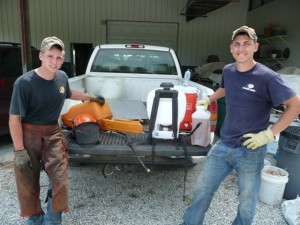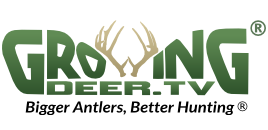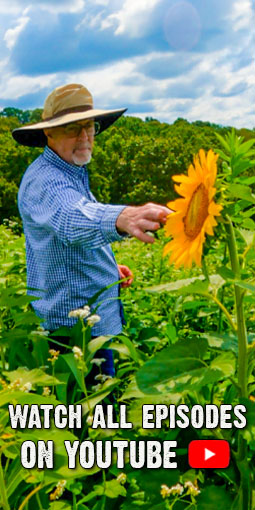So You Want to be a Wildlife Biologist?
Filed under: Deer Management, Hunting Blog
I receive a bunch of emails, Facebook posts, phone calls, etc., asking “What should I do to become a wildlife biologist?” Some of the comments that accompany these notes indicate that some folks believe all that is necessary to become a wildlife biologist is a strong desire to hunt or be outside.
There are probably as many answers to “What should I do to become a wildlife biologist?” as there are wildlife biologists. Here are some of my thoughts on that topic.
- Wildlife biologists usually work more than hunt during hunting season. Opening day is usually spent collecting data from deer that other hunters harvested.
- To be an effective wildlife biologist, it is critical that we can communicate technical information to folks from a wide variety of backgrounds. That means talking and writing to folks with all levels of understanding about wildlife. The need to have good oral and written communication skills is a constant!
- When selecting a field of study or career, take time to determine what you really enjoy. For example, I enjoy eating. However, I don’t enjoy cooking. It’s easy to pick a career based on misguided choices.
One of the best ways to know if you would enjoy and be productive at a career is to give it a test drive. I volunteered to work with a wildlife biologist that managed mule deer habitat on federal land in Nevada. I thought I’d be working with mule deer. However, I identified plant species and distribution in the winter ranges of mule deer during the summer. I rarely saw deer as I worked where mule deer spent the winter while they were typically at a higher elevation during the summer. However, the experience cemented to me that God built me to be a wildlife biologist. It could have just as easily confirmed to me that I’d rather hunt during my vacation days in the fall and forget the ticks and snakes that are present during the summer.
The image to the right is of Hunter and Nathan – two interns helping at The Proving Grounds this summer. Hunter will be a junior at the University of Michigan this fall. He’s trying to decide whether to orient his degree toward wildlife or pre-med. I think Hunter was wise to spend a summer working with a wildlife biologist to see if he truly wants to be working in this field.
It is sad to me that some folks research cars they consider purchasing more than a career choice. You can check out my thoughts on future deer managers and becoming a wildlife biologist to learn more.
Growing Deer together,
Grant



